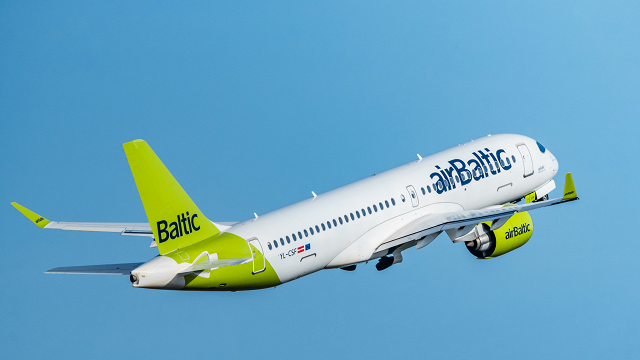The good news is that there are alternatives to medication, and you can still find remnants of the cheapest drugs in some pharmacies. But the bad news is that alternative medicines are four times more expensive for a patient. Restoration of the cheapest reimbursable drug delivery is promised in February and March.
Eleven thousand chronic patients are taking reimbursable medicines for regulating blood pressure and heart rate daily. For residents with diagnoses such as heart failure, high blood pressure, and more, the state compensates the drug at 75% of its price. A pack of the cheapest reimbursable drugs costs a patient just over €2. However, several pharmacies currently do not have these medications. Two of the cheapest drugs have run out.
LTV called several pharmacies.
LTV: Hello! I wanted to ask if you still have Nebivolol medicine for blood pressure? And how much do they cost?
Pharmacy: I don't have Nebivolol. Not in our pharmacy. Also not in the Nebivolol warehouse. I don't know when it's going to come. There is no Nebivolol.
Another pharmacy chain still had a few packs left. There are alternative medications, too. They are more expensive.
The National Health Service (NVD) assessed the situation as normal.
Dagnija Bērziņa, head of the NVD's unit of reimbursable medicines and medical devices, pointed out: "I think there are no particular shortfalls. The availability of medicinal products is always dynamic. There may be some medication at any time and someone other may not be there."
The third cheapest drug is available, which the state also makes up for, but it costs the patient four times as much. And there are alternative drugs that the state doesn't compensate for, too.
On Thursday, a meeting took place between state authorities and representatives of the two pharmaceutical manufacturers in Latvia. One promises to deliver on February 6, the other on March 1. Manufacturers were urged to find faster solutions.





























